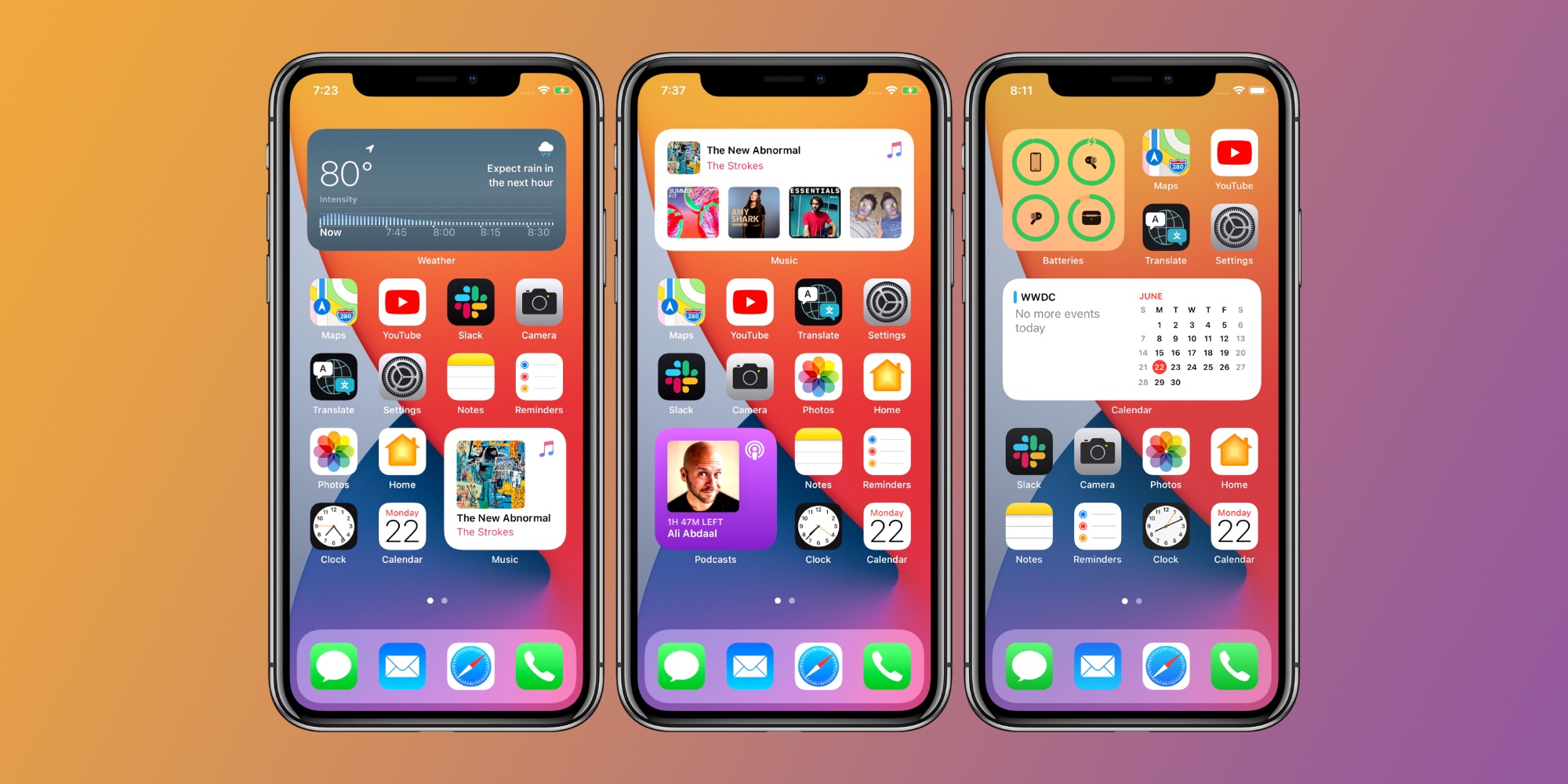

The same statement goes on to explain Facebook’s expectations for how ATT will impact different users of their ad platform. Last week, however, Facebook released a statement acknowledging that while they consider the ATT prompt damaging to advertisers, they have “no choice but to show prompt”.

In response to harsh criticism from Facebook, Apple initially pushed back the rollout timeline for the ATT prompt to “ early 2021”. No iOS 14 mobile audience exclusions or retargeting.iOS 14 users would only be targetable in a different Facebook Ads UI with a unique Ad Account ID.
#FACEBOOK APPLE IOS 14 FULL#
Full deprecation of IDFA tracking for iOS 14 users, eliminating the option for users to opt-in to IDFA tracking via the ATT prompt.Initially, Facebook made several announcements about their intent to comply with the iOS 14 policy, including: When Apple first announced the ATT prompt, Facebook warned that the new privacy setting would devastate advertisers’ abilities to effectively target users on Apple mobile devices (Apple smartphones, for context, command 40% of market share across all smartphones in the United States.) Facebook also cited internal research saying small business owners earned, on average, 60% less in sales revenue when denied access to data that IDFA opt-outs will block.

#FACEBOOK APPLE IOS 14 HOW TO#
(LAT is a separate setting in Apple mobile devices that effectively opts users out of sharing their IDFA with any app on that device, and supersedes individual ATT prompts if users attempt to opt in.) The inevitable drop-off in users opting into IDFA tracking will leave Facebook with severely reduced access to a bevy of user data that feeds its algorithm and helps it determine how to serve ads to billions of users daily. Even if they opt in via the prompt, an estimated 20% of Apple device users will still not be able to grant advertisers access to their IDFA due to other privacy settings, notably the Limit Ad Tracking (LAT) feature The ATT prompt marks the first time users will be opted out While IDFA has been in use for some time and app developers have been able to access it by default, new changes in the recently released iOS 14 mean Apple mobile device users will now receive an in-app prompt called AppTrackingTransparency (ATT), asking them whether they would like to allow that app’s developers to access IDFA-tracked data. IDFA-tracked data provides advertisers like Facebook with deep visibility into user behavior, allowing them to tailor ad delivery to users on Apple mobile devices using a wide range of targeting parameters. Recently, we posted a blog post chronicling this fight between Apple and Facebook over IDFA, a privacy framework created by Apple that allows apps and marketers to track device activity at the user level. The social media giant announced that they will comply with Apple's proposed restrictions on iOS Identifier for Advertisers (IDFA), while at the same time launching a PR barrage against Apple, claiming that their privacy policy will disproportionally hurt small businesses and developers that rely on Facebook's advertising tools. Facebook is once again ratcheting up the pressure in their months-long battle with Apple over privacy protections on Apple mobile devices.


 0 kommentar(er)
0 kommentar(er)
